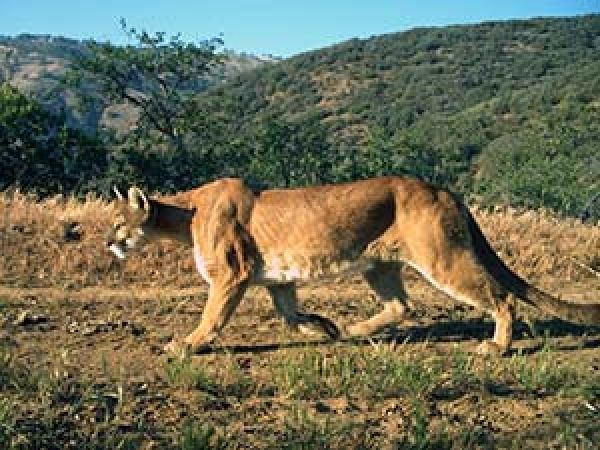University of Wyoming researchers once again have advanced artificial intelligence technology to identify images of wild animals from camera-trap photographs in North America.
The researchers used 3 million camera-trap images from 18 studies in 10 U.S. states to develop two computer models that demonstrated remarkable accuracy and efficiency in accomplishing a task that is important in wildlife research.
The project, detailed in an article in the journal Ecology and Evolution, makes the technology more accessible to biologists who do not have advanced computational skills. It builds on previous research that shows the artificial intelligence technique called deep learning can take the place of slow, tedious analysis of individual photos by people.
“Training a model that can be used to classify species in multiple environments is tricky,” says Mikey Tabak, an adjunct faculty member in UW’s Department of Zoology and Physiology, and a recent UW Ph.D. graduate. “But we found that training modules with many species from multiple locations improved our ability to classify species in new environments.”
Continue reading at University of Wyoming.
Image via Jim Beasley.


